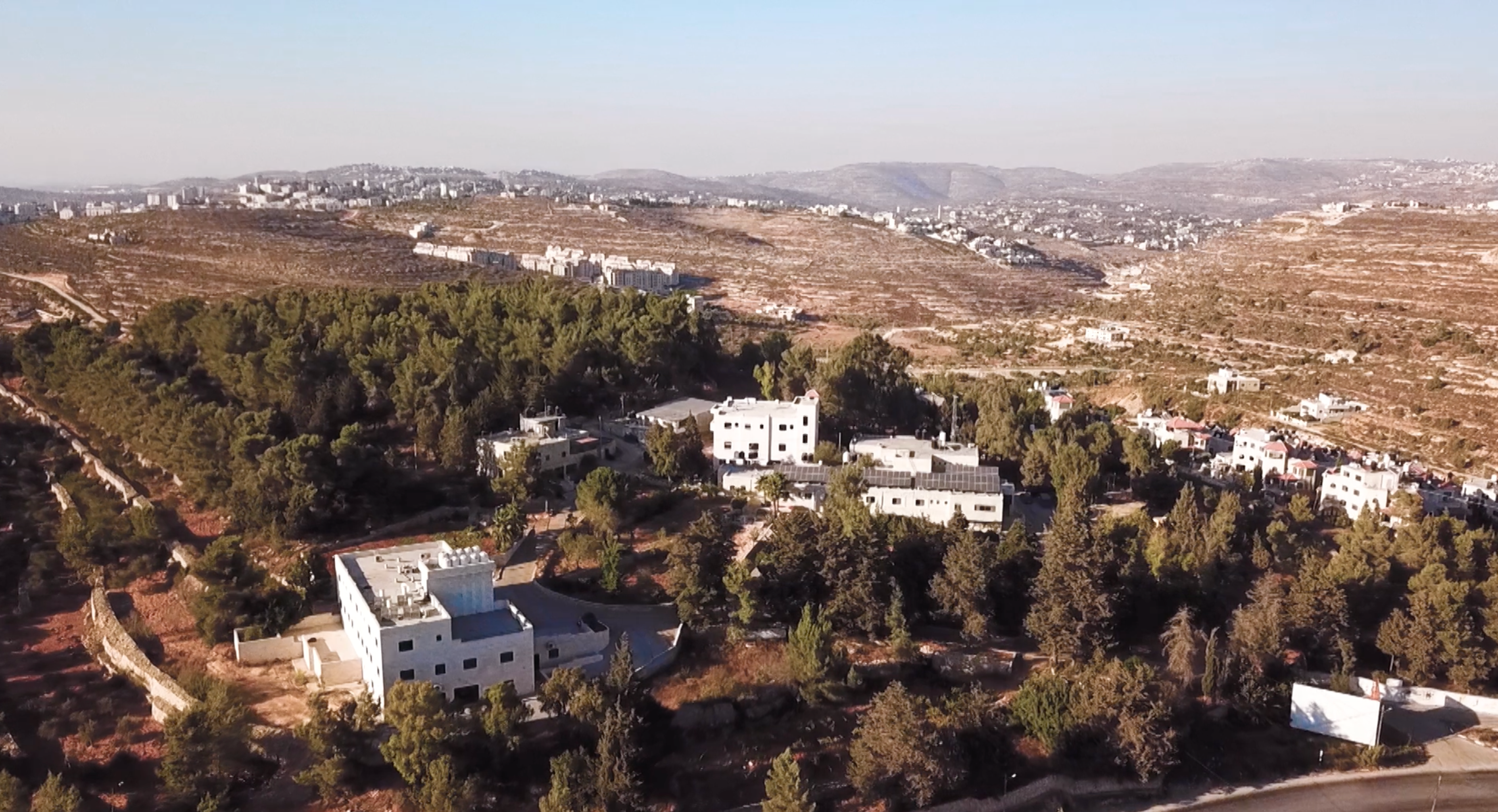History
In 1867, the Leprosarium Jesus Hilfe was established by the Worldwide Moravian Church as a secluded sanctuary in Jerusalem for individuals suffering from
leprosy. Following the 1948 War, Moravian Sister Johanna Larsen relocated to the Palestinian village of Abu Qash, northeast of Ramallah, and founded a leprosy hospital in 1959. The hospital operated until the 1980s when medical advancements led to the discovery of a cure for leprosy, rendering the hospital unnecessary. In 1981, the facility was transformed into Star Mountain Rehabilitation Center (SMRC), which caters to Persons with Intellectual Disabilities (PwIDs).
SMRC is an institution of the Worldwide Moravian Church working in Palestine. SMRC offers rehabilitation, educational, and empowerment services to Persons with Disabilities (PwDs) and marginalized groups, while remaining inclusive of all community members. Employing a rights-based developmental approach, it mobilizes local and international support to promote dignified livelihoods, in alignment with sustainable development goals. SMRC is committed to designing specialized programs that uphold the rights of marginalized groups, ensure environmental safety and climate justice, and advance institutional infrastructure, programs, systems, and technological resources.
SMRC employs a team of 5 administrative staff members, in addition to another team consisting of 23 rehabilitation and service employees.
Vision
Leading in holistic, sustainable development efforts to empower and enable PwDs and marginalized communities of both genders to thrive in a secure and inclusive society.
Mission
To rehabilitate, educate, and empower PwIDs and marginalized communities of both genders through a rights-based developmental approach. Additionally, it mobilizes local and international support to achieve dignified living standards.
Values
Commitment to an inclusive, rights-based developmental approach.
Adherence to the principle of leaving no one behind.
“Nothing for us without us” – ensuring inclusive participation and representation.
Our commitment to promoting justice and gender equality.
Justice and impartiality in access to training opportunities, activities, and programs.
Mutual respect and upholding freedom of opinion and expression.
Promoting credibility, integrity, and transparency in all actions.
Respecting the value of volunteering and collaborative humanitarian work.
Commitment to best practices in empowering persons with disabilities and marginalized groups.
Openness to learning from Palestinian, Arab, and international experiences and expertise.
Fostering partnerships with Arab and international institutions and collaborating with relevant stakeholders.
Goals
1.Elevate the capacities and preparedness of PwIDs and marginalized communities to foster a more inclusive and empowered society.
2.Develop specialized interventions for the environment and climate justice while harnessing creativity in implementation.
3.Enhance the organizational structure of the institution to fulfill its role and achieve its goals, especially in public relations and media, fundraising, monitoring and evaluation, and enhance the capacity of staff to keep pace of relevant global developments.
